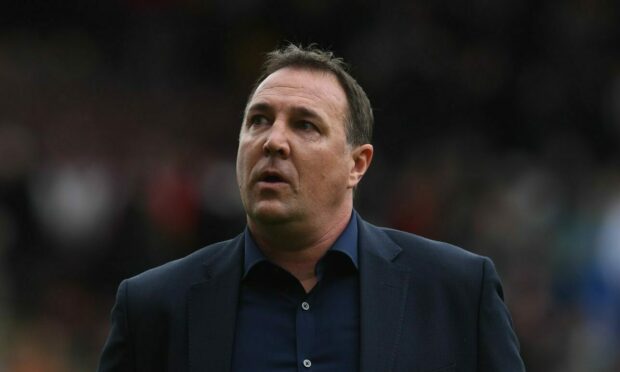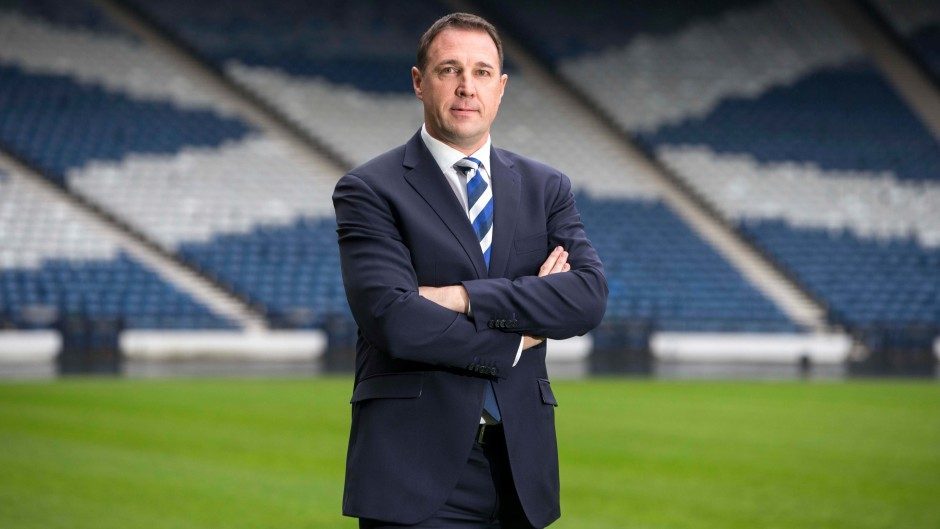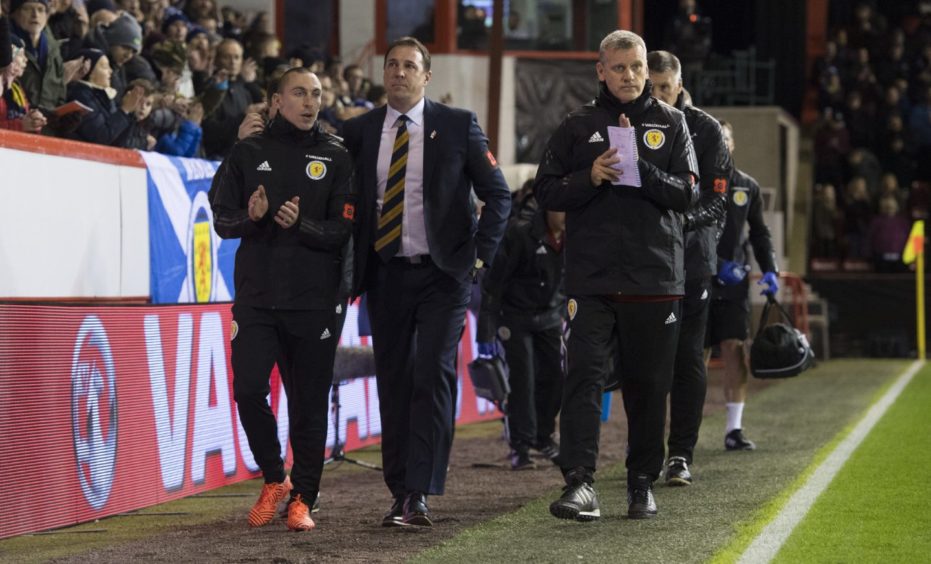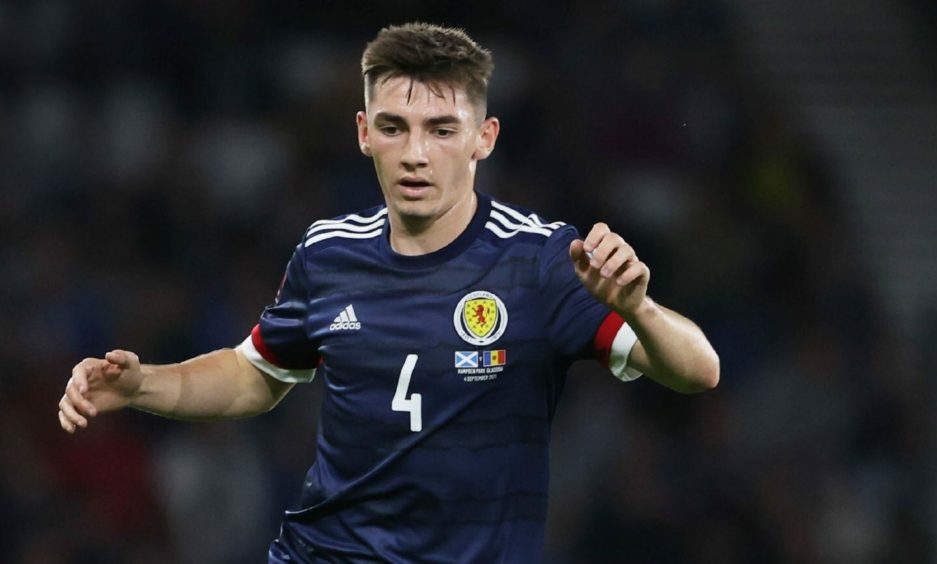Malky Mackay says the financial benefits of Scotland reaching the World Cup would provide a huge opportunity to sustain their recent success.
The Scots are in the play-offs for next year’s finals in Qatar after finishing second in their qualifying group, and will be seeded for Friday’s draw.
Steve Clarke is aiming to lead the Scots to a second successive tournament, after ending their 23-year wait to compete in a finals at last summer’s European Championships.
As a result of failing to reach 10 tournaments during that period, Mackay estimates Scotland missed out on up to £30 million in qualifying prize money.
Former Scottish FA performance director Mackay says the benefits of sustained qualification would be felt across all levels of the Scottish game.
Ross County manager Mackay said: “The success of our national team is key to our country’s gain, and our clubs doing well.
“It’s something I spoke about regularly in meetings with heads of club academies.
“If we get to finals, money comes back into the country. We are all football fans and we want to see our country there.
“But the financial gain is the thing we were missing for 20 years. You are certainly talking £20-30 million.
“It’s something that has really hamstrung the country, and that filters through to the clubs.
“The money from tournaments goes back to the Scottish FA. Most of the money then goes to the clubs because of the way the whole thing is governed.
“It seeps back into grassroots and academies. Money starts coming back into the country again in terms of being able to have facilities, more full-time and support staff. That brings a vibrancy, and more ability for people to get better and improve.
“That’s a long-term project, but being able to keep funding it helps.”
Groundwork for Scotland’s success laid long ago
During his four-year stint with the Scottish FA, Mackay was tasked with creating a pathway for young players to become future internationals.
He briefly took interim charge of Scotland’s first team for a 1-0 friendly loss to Holland at Pittodrie in 2017, stepping in shortly after Gordon Strachan’s departure.
Having freshened up the side with a number of young players on that occasion, Mackay spoke after the match of his high hopes for the national side.
Mackay takes great satisfaction in the development of the team since Clarke took charge in 2019.
He added: “From the game I took at Aberdeen four years ago, seven of them played on Monday. I was delighted about that.
“At the time I spoke to the board and did a debrief on that game before I went back to my job and they hired a manager.
“The debrief was that they had a young group coming through, that if kept together will serve the country well. I was thinking if they improved as players, there was a group that could really do something.
“What I talked about at the time was being able to beat mid-level European teams on a regular basis. We weren’t doing that.
“The other night against Denmark they beat a top European team. It was great to see the culmination of what Steve Clarke, and to an extent Alex McLeish before him have done.
“Alex laid the groundwork, as did Gordon Strachan before him.”
‘Performance schools must continue to be backed’
Two of the youngest members of Clarke’s squad – Chelsea’s Billy Gilmour and Rangers’ Nathan Patterson – are products of the Scottish FA’s performance schools programme.
Mackay says the financial support for young players to receive coaching time whilst at school, as well as being able to play against top European opposition at youth level, must continue to be allocated.
He added: “In Europe our performance schools are lauded, but not in this country.
“It’s a slow-burner that takes time. It’s something finances have got to be put towards, and left with and not picked away at.
“Billy and Nathan were the first crew that were in it at 12, and that’s it coming out now.
“The performance schools have to be backed and funded.
“There is a juggling in terms of where money is put. But if you want more Billy Gilmours and Nathan Pattersons, you have to keep investing in it.
“I see what is invested in European youth football. There is a well-worn path that if you do, they will come through eventually. If you don’t, you are hoping somebody comes through.
“Our players need international game time, and that also has to be funded. The ability for our youths to play international youth football against top European teams has to stay.
“If that doesn’t stay, the players coming through will take longer and won’t come through so easily and quickly.
“The more and more chance they get to do these things, the more comfortable they get to play international football.
“It’s then not as big a jump for Billy and Nathan to play at Hampden in front of 50,000 against some of the best teams in Europe.”



